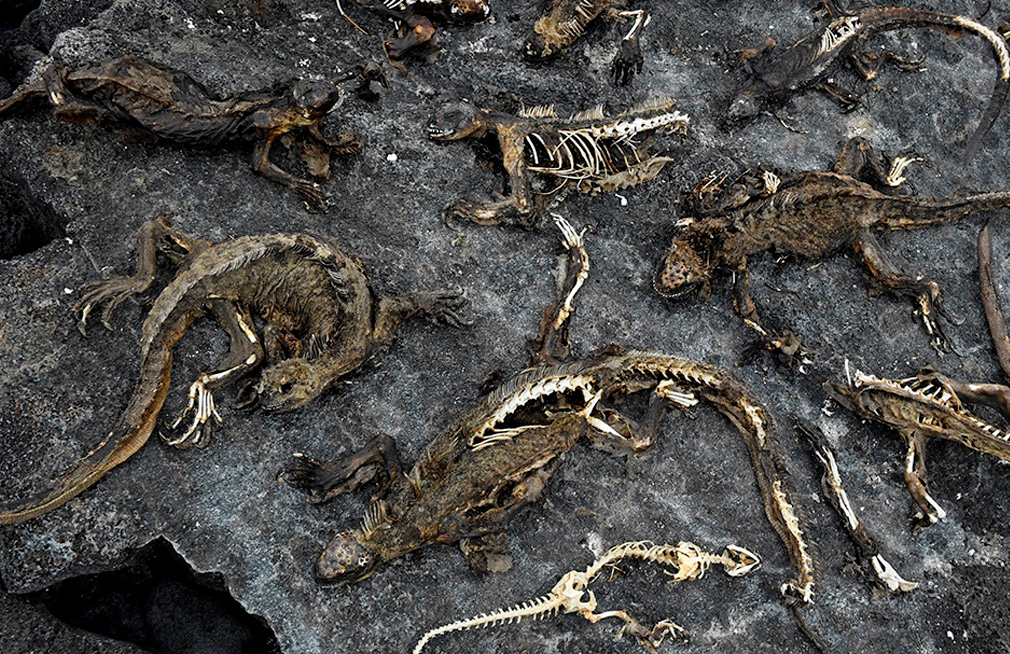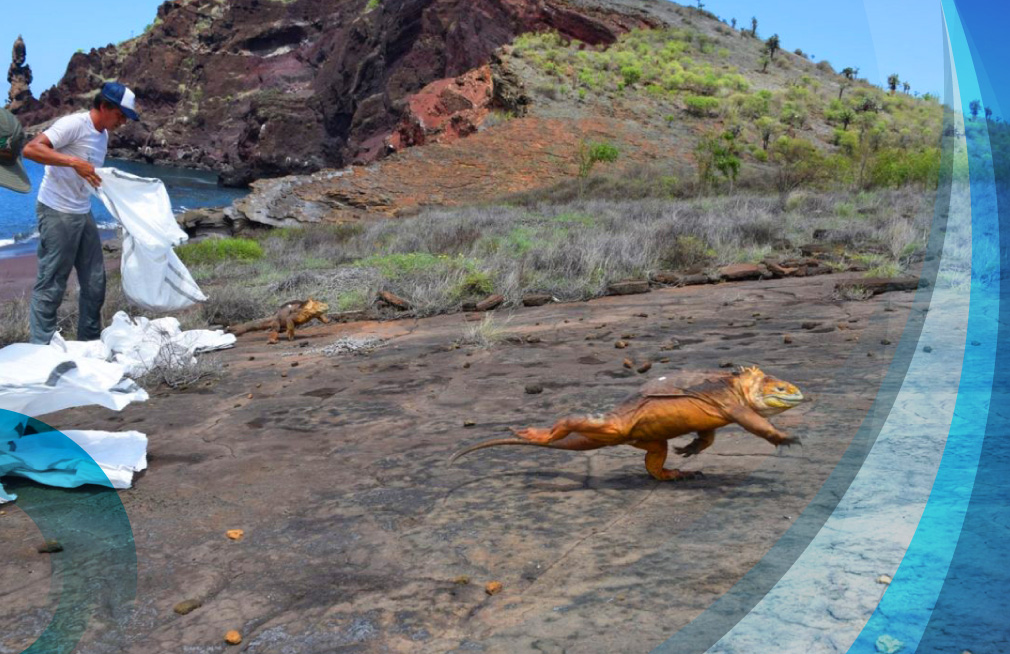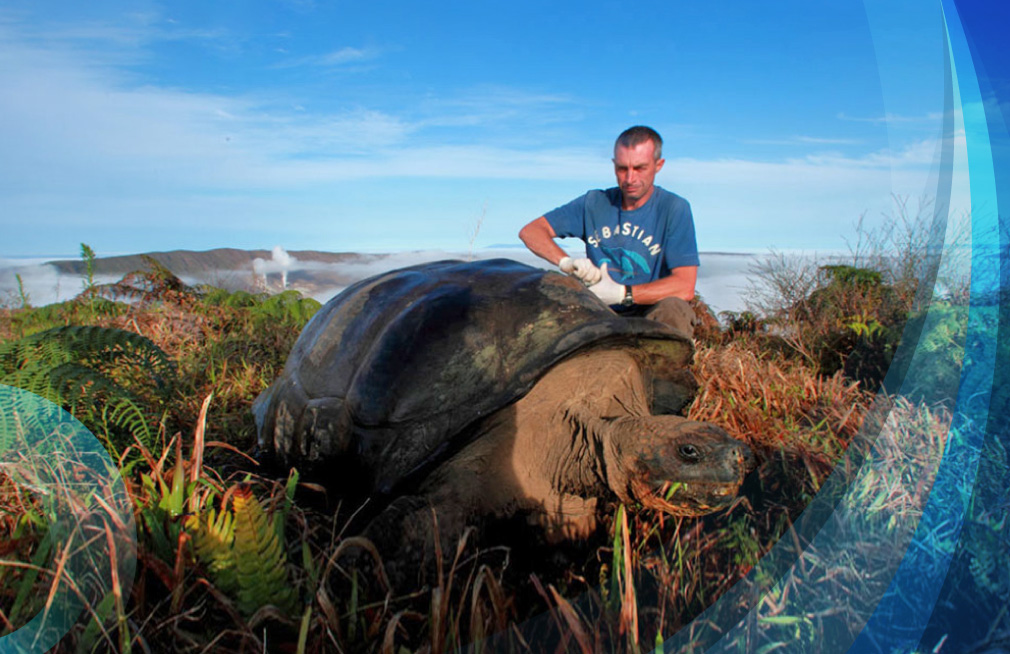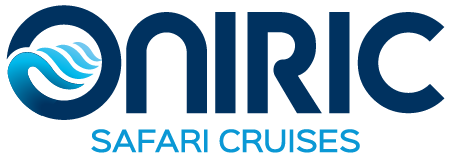The Galapagos Islands are special for more than just their incomparable beauty.
Their remote geographic location in the Pacific Ocean, rare volcanic origins and mineral composition, and a fortuitous history of biological events, have made them home to some of the rarest animal and plant species on earth.
Some examples are the flightless cormorant, which turned its former wings into fins for swimming; the marine iguana, that shrinks and re-grows voluntarily; the Galapagos giant tortoise, that lives up to 150 years and weighs the equivalent of 3 washing machines, the Galapagos penguin, the only capable to live in the tropics, and many, many more.
Sadly, the incredible 9000 species found on the Galapagos islands are at risk of facing extinction. Plastic pollution from other countries that reach the Galapagos after travelling by marine currents; invasive species such as dogs, cats, and rats that predate the local fauna; and the rise of the earth’s temperature due to high levels of atmospheric greenhouse gases, directly affect the equilibrium and ability of the islands’ ecosystems to function properly.

Is anyone doing something about it?
For the increasingly overwhelming plastic pollution problem, efforts are being made by NGOs such as the Galapagos Conservation Trust for tracking plastic waste concentrations in the ocean and preventing them from entering the Galapagos Marine Reserve. Plus, they are working with international governments to target and manage pollution at its source.
As for restoring ecosystems after the severe damage suffered from invasive species and human colonizing activities, the Charles Darwin Foundation runs projects for preventing, detecting or eradicating threats, as well as carefully restoring ecosystems to their primal state. This includes rescuing species from the verge of extinction through decades-long breeding programs and later re-introducing those species to their original habitats.

Fighting the effects of climate change on the islands is a more difficult challenge, as the main cause of this problem, the burning of fossil fuels, happens worldwide in negligent quantities. The only defensive resource against this overpowering threat is to conduct more research, and hope that its publicly-available results inspire new policy-making, effectively mandated by world leaders and conscientiously executed by citizens. Such research work is exclusively carried out by the Galapagos NGOs.
All these crucial projects and hundreds more (you can discover them here, here, and here) are solely funded by voluntary contributions. Some by responsible businesses, others by dedicated individuals, Summed efforts, no matter how little, are the only way to make a palpable difference in the world.
You can support the funding of Galapagos NGOs by choosing Oniric Cruises as your Galapagos holiday provider, as we invest part of our annual revenue in conservation projects run by Galapagos NGOs (Learn more by clicking on the link). It is also possible to make individual contributions to NGOs from as little as $3.

As Oniric Cruises, we are proud to have invested 25,000 US$ in Galapagos NGOs in 2021 alone. This sum included the first instalments of long term sponsorship programmes and the operation of a non-profit sailing of our Aqua scuba yacht for a scientific research expedition by the University of Georgia.
Shall the work of the Galapagos NGOs stop, not only would the unique Galapagos ecosystems suffer, but many others across the globe. Several game-changing conservancy projects are first developed and executed on the Galapagos islands before being replicated for the benefit of ecosystems in other parts of the world.
And remember, plastic bags and single-use plastic containers are the worst things that could happen to the marine environment. Replace, reuse, recycle.
